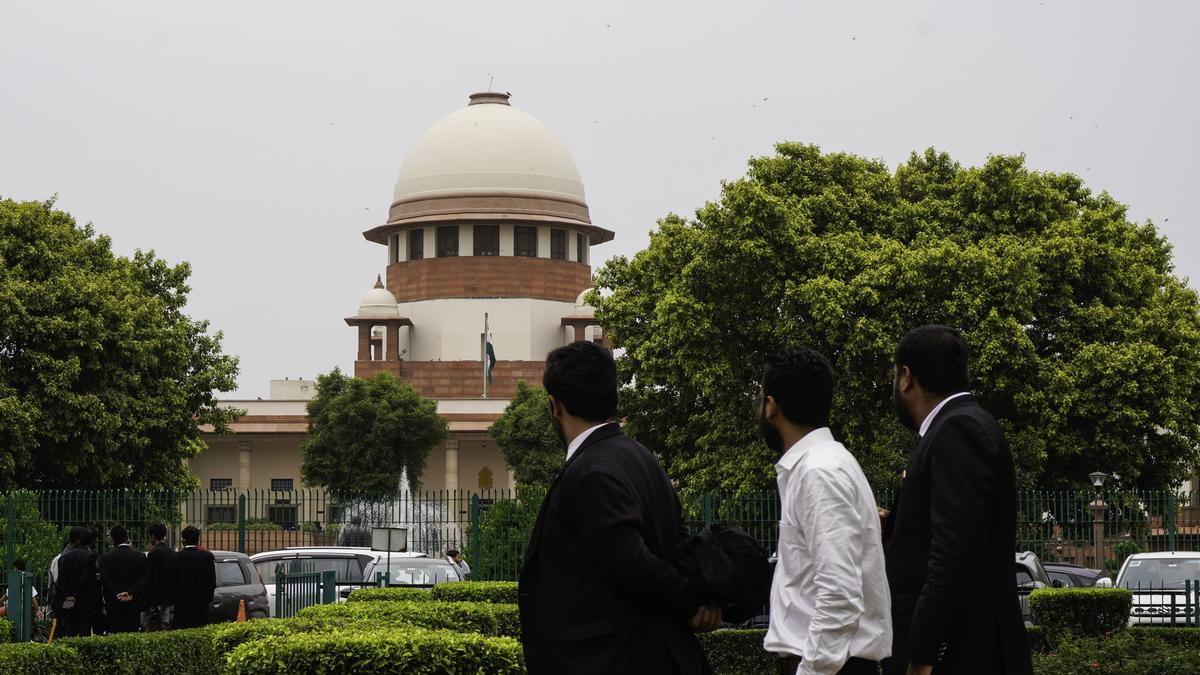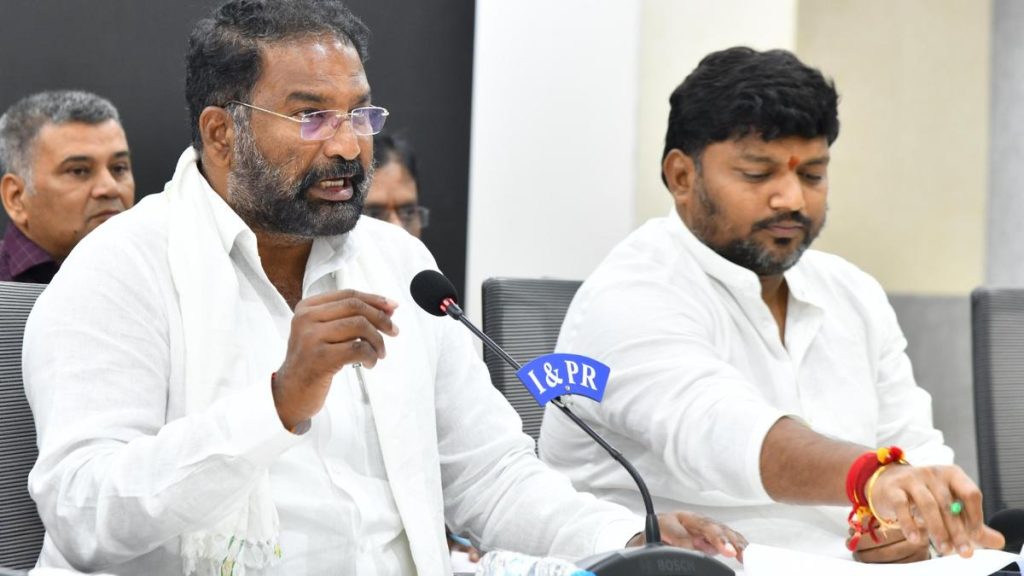Now Reading: SC Weighs EC’s Authority vs Citizens’ Voting Rights in Bihar SIR Case
-
01
SC Weighs EC’s Authority vs Citizens’ Voting Rights in Bihar SIR Case
SC Weighs EC’s Authority vs Citizens’ Voting Rights in Bihar SIR Case

Quick Summary
- The Supreme Court is scrutinizing the Special Intensive Revision (SIR) of Bihar’s electoral rolls amid allegations of “casual removal” of voting rights for 65 lakh voters.
- The case is seen as a constitutional clash between Article 324 (Election Commission’s control over elections) and Article 326 (citizens’ right to vote).
- Petitioners,including senior advocates A.M. Singhvi and Gopal Sankaranarayanan, argued that the EC violated statutory procedures by deleting names from the electoral roll without proper enquiry or hearings just two months before bihar’s Assembly elections in November.
- Justice Joymalya Bagchi raised crucial questions about whether Section 21(3) of the Depiction of People Act grants discretionary power to the EC for wide-reaching revisions or allows only limited adjustments in exceptional circumstances.
- Advocates criticized an inadequate system requiring electors to submit one of 11 approved documents-several deemed impractical-for re-inclusion in rolls, especially affecting marginalized groups in rural areas.
- Allegations were made about “malafide” intentions behind the SIR process, including excluding Aadhaar as validation, withholding details on deletions, and insufficient outreach efforts.
Indian opinion Analysis
The controversy surrounding Bihar’s Special intensive Revision highlights deep concerns regarding voter disenfranchisement ahead of a pivotal state election. While procedural flexibility under Section 21(3) may empower Election Commission interventions during special circumstances like crises, its application here raises alarms about transparency and fairness.
The testimonies underscore challenges faced by economically disadvantaged populations lacking access to valid documentation-a significant issue in implementing democratic rights equitably across India’s diverse demographic landscape. Moreover, trust in institutional mechanisms can erode when such processes involve large-scale deletions without robust checks.
Revisiting laws ensuring accountability while resolving systemic gaps will be essential. This isn’t merely about administrative efficiency but safeguarding public faith in India’s democratic framework at all stages-from enrollment to representation.
Read more: The Hindu

























